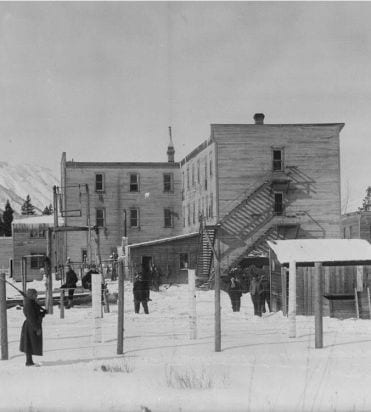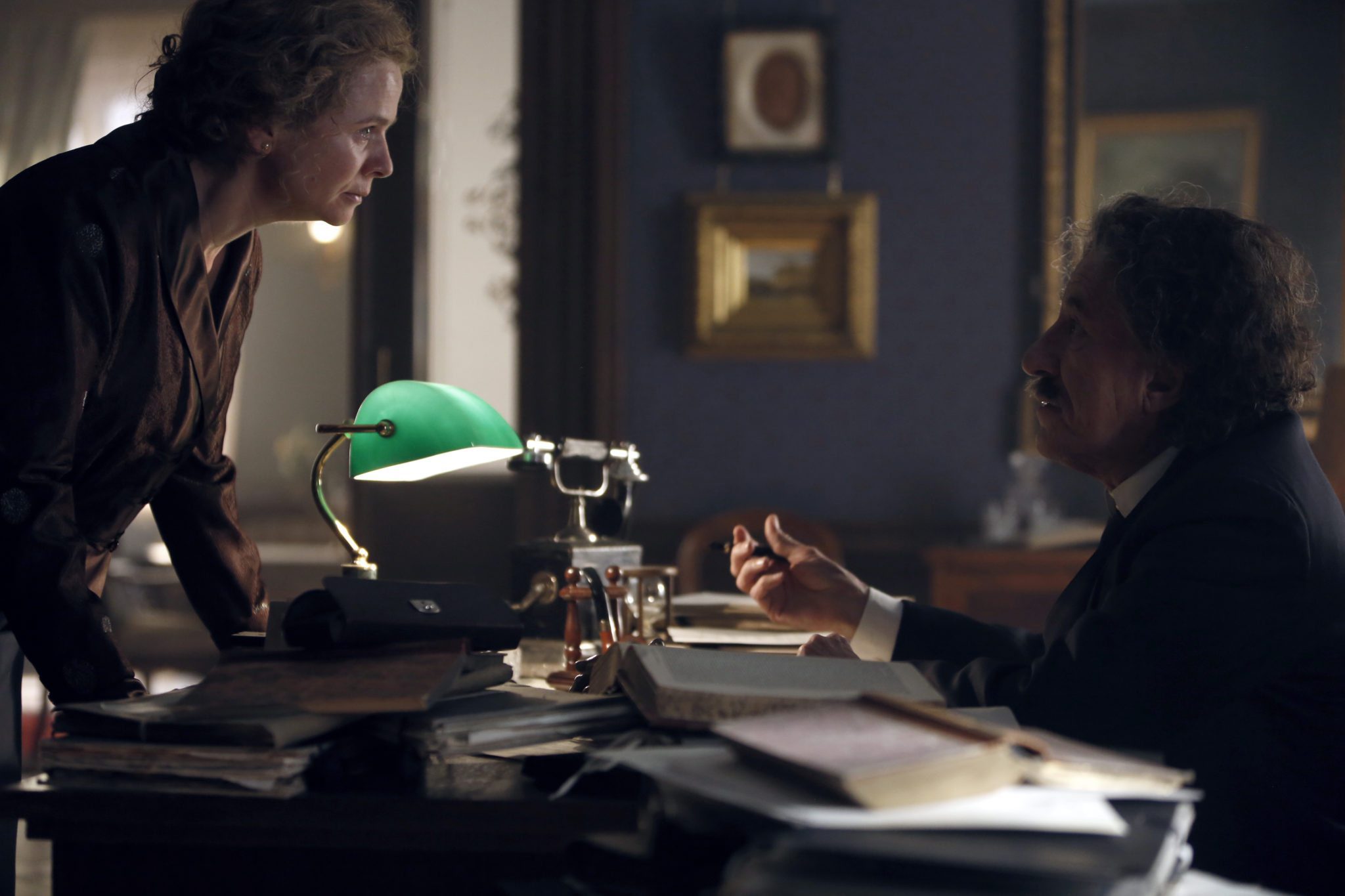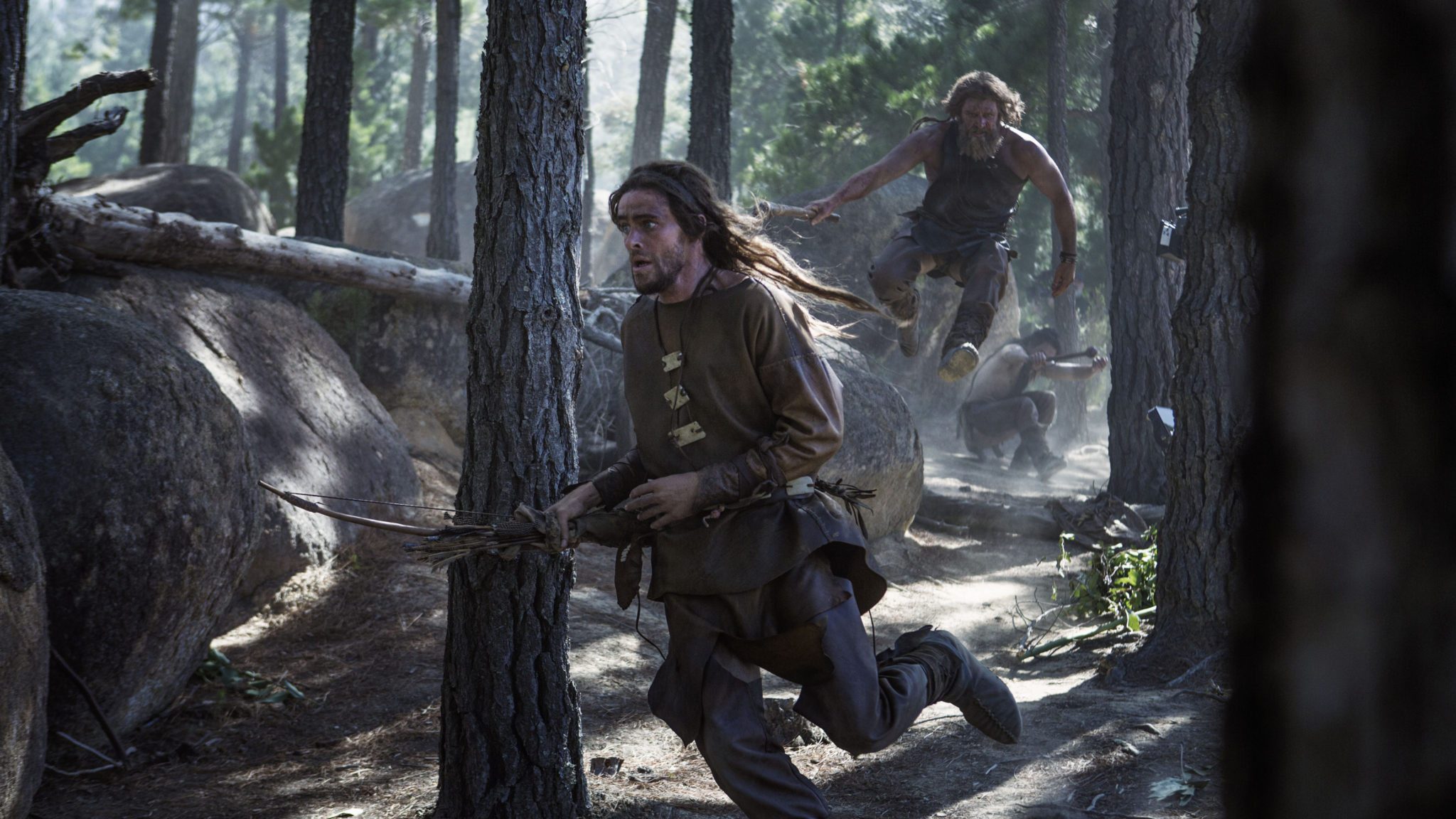
Owning The Sins of Our Past: 1on1 with Ryan Boyko (THAT NEVER HAPPENED)
Directed by Ryan Boyko, That Never Happened: Canada’s First National Internment Operations?reveals the story of Canada’s first national internment operations between 1914 – 1920, when over 88,000 people were forced to register and more than 8,500 were wrongfully imprisoned in internment camps across Canada, not for anything they had done but because of their heritage….


